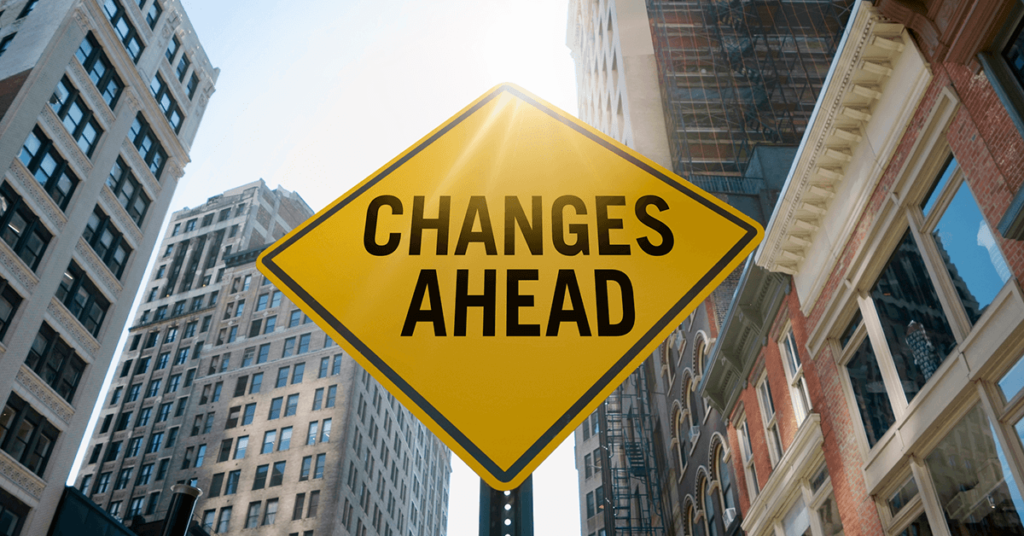
BY ANTHONY SANFILIPPO
Like every other business and industry, development in opportunity zones sat out the first couple months of the COVID-19 pandemic.
But, in the past month, investors have shrugged the novel coronavirus aside and have been quite active in the opportunity zone real estate market.
Deals are being closed. New projects are under way. And evidence that this program, that was created to pump billions of dollars into underserved communities around the country, might be the first to show signs of economic recovery as the pandemic panic slowly dissipates.
But was it COVID-19 that seemed to light this spark? Or was it the quick drop in the economy?
“THERE HAS BEEN AN UPTICK IN ACTIVITY BOTH FROM [OPPORTUNITY ZONE] FUNDS RAISING CAPITAL AS WELL AS TRANSACTIONS OCCURRING SINCE MID-APRIL, WHERE IT SEEMS LIKE SOME OF THE MOMENTUM THAT HAD BEEN BUILT IN Q3 AND Q4 IS COMING TO FRUITION.”
Several experts believe that the pause in the stock market and the subsequent economic downturn made people look at their investments for the first time in awhile, after a long period of growth, and made them start to wonder what they should do with their capital gains.
“There has been an uptick in activity both from [opportunity zone] funds raising capital as well as transactions occurring since mid-April, where it seems like some of the momentum that had been built in Q3 and Q4 is coming to fruition,” Economic Innovation Group Director of Impact Strategy Rachel Reilly told Bisnow.
With the market being so volatile during the pandemic, investors pulled their money out of the market and were looking for places to put it – and a popular landing spot was opportunity zone funds.
A bevy of opportunity zone deals that were in the works prior to the virus quarantine either closed on their financing or put the first shovels in the ground since the April showers turned to May flowers.
That’s because development investors believe that affordable housing in emerging areas will succeed, regardless of the economic situation.
Plus, this money is a long-term investment, meaning it’s a good gamble that the economy will be better off down the road than it is now – meaning there will be rewards to be reaped for these investors as these communities start to flourish.
Investors must hold onto their asset for 10 years in order to realize the full benefits of opportunity zones. Although there is always a bit of a gamble with any investment, these projects are likely to appreciate well, making the investment worthwhile when the time comes to sell in a decade.
In Washington D.C. alone, at least four separate opportunity zone projects have begun construction since the lockdown began. Similar projects are beginning or are already under way in Chicago, Tampa, and Los Angeles.
Part of the reason opportunity zone investment and funding is starting to hit its stride now is because the rules have been clarified. The department of the Treasury finalized the guidance for the program last December after what amounted to a two-year question-and-answer session with potential stakeholders.
Bridge Opportunity Zone Strategy Chief Investment Officer, David Coelho, told Bisnow that last year, his company deployed $950M into 21 opportunity zone transactions and hopes to be just as active in 2020 especially because of the down market.
Land prices have dropped. So have construction costs. With most developments taking a year, or longer to build, this economic downturn has been a boon for investors.
“A lot more deals are coming back our way,” he said. “A lot of deals had capital lined up and that capital has fallen out. I think that trend will continue. It’s good for our strategy and for opportunity zones in general as non-opportunity zone capital decides to sit on the sidelines and consider whether there will be distressed opportunities, I think they’ll be less focused on development.”
All of this good news aside, most of the momentum is in development that is residential. The retail and hospitality industries are among the hardest hit by the pandemic and as such, investment in those assets has dried up.
But, the long view suggests that investing in opportunity zones now is a hedge against the unknown of what the future holds. With so many state and city budgets in shambles and with all the government spending that has and still is taking place, it’s likely a sure bet that taxes are going to go up in the near future.
By investing in opportunity zones, by holding onto the investment for 10 years, any profits are not taxed. That’s incredibly valuable, especially in the middle of this virus outbreak.
And if investors are smart enough to see that and sustain it for a decade, it can be a win-win situation not just for them financially, but also for the community they are dumping their money into after being underserved for so long.
Related Posts
None found